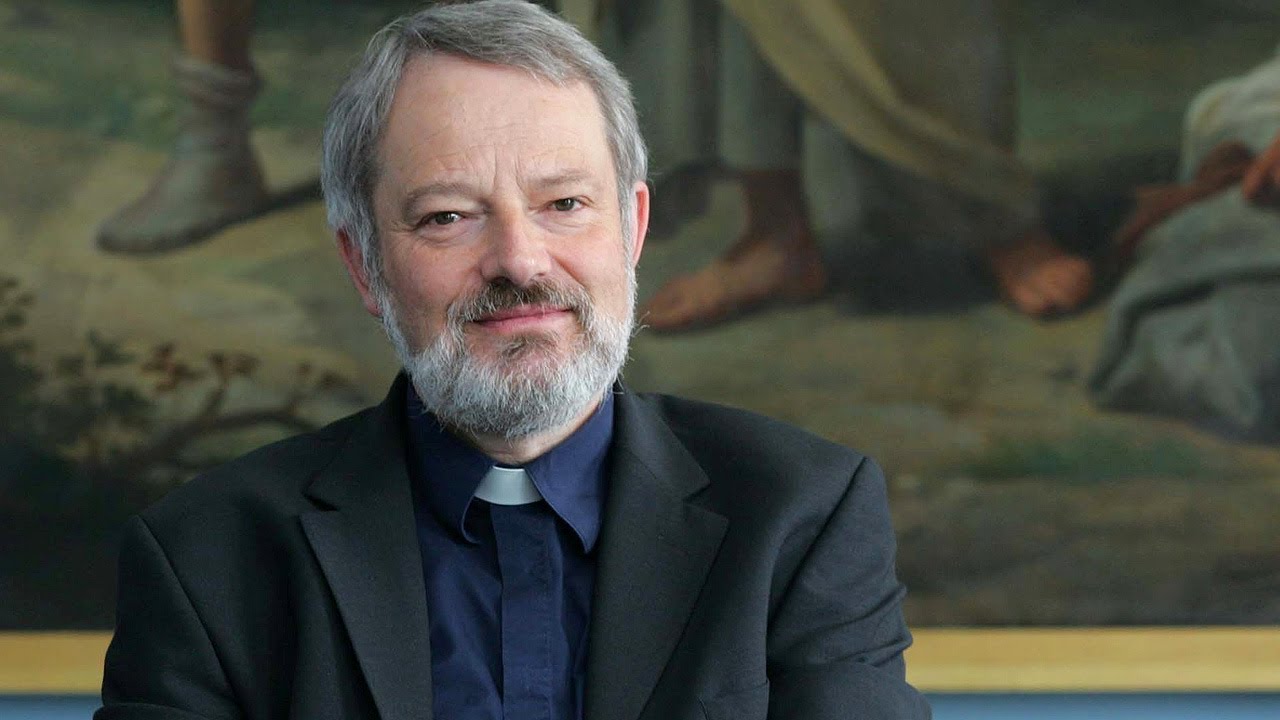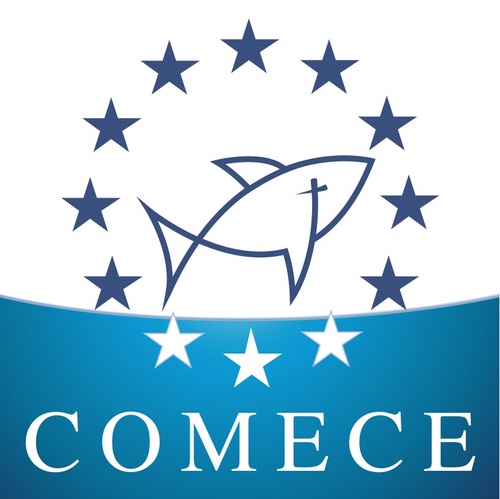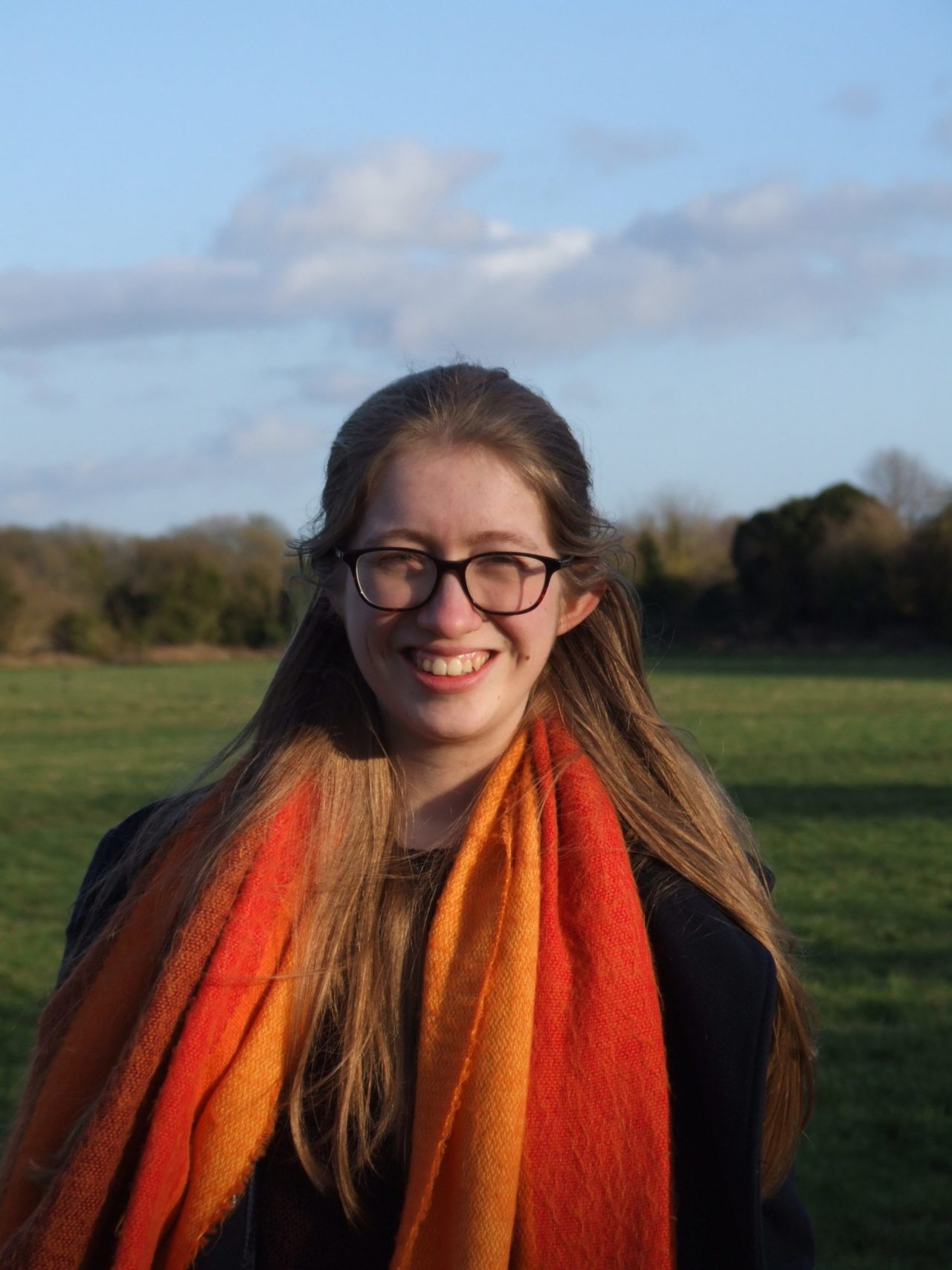A Catholic Bishop has questioned why any serious Catholic would vote for someone who voted for the radical abortion regime in the last Oireachtas.
In a letter to his diocese, Bishop of Elphin Kevin Doran wrote that, “If we are to reverse the 2018 legislation, which may take many years, and if we are to prevent the legalisation of euthanasia, our first step must be to ensure that we elect public representatives who are committed to the right to life, from conception to natural death”. He added: “For that reason, irrespective of traditional party loyalties, it seems to go completely against the common good for any committed Catholic to vote for a public representative who, in the outgoing Oireachtas, voted for abortion.”
On education he said that public representatives and state bodies need to be clear that parents are the primary educators of their children and any changes in patronage must be planned in consultation with parents. Likewise, he said, “there needs to be a commitment that schools which remain under Catholic patronage are free to be Catholic in their inspiration”.
Quoting Pope Francis who said “everything is connected”, Bishop Doran commented that the basic needs of people, such as housing, poverty, education and healthcare are all connected. “The purpose of government is to seek the common good, which is the good of each and of all. The immediate focus of government is society as a whole, but the good of society can only be achieved when the natural rights of each person and each community are respected.”
The bishop in particular outlined his concerns regarding the care of the sick; the problem of housing and homelessness; the care of the environment; our response to migrants and refugees; the education of children; concern for young people; and, the protection of human life.




















